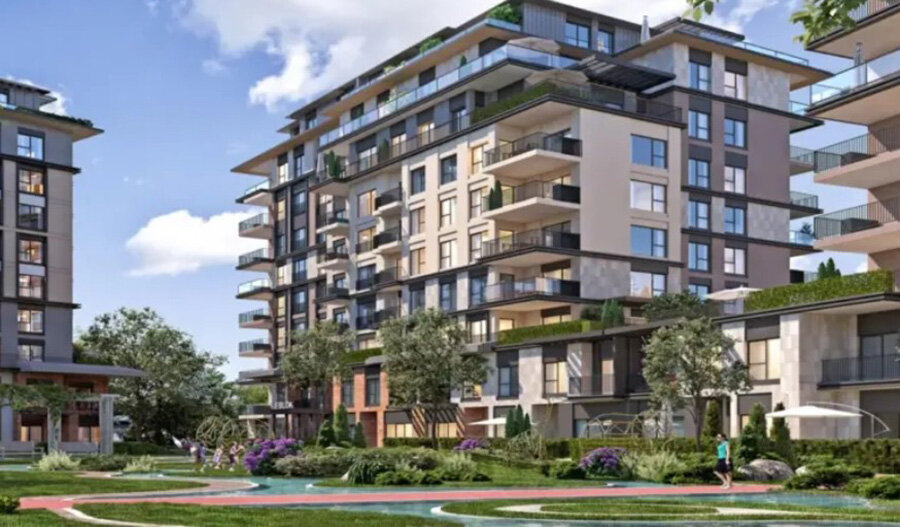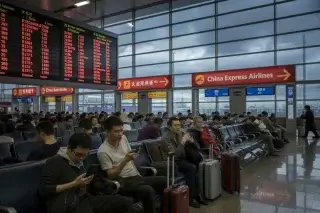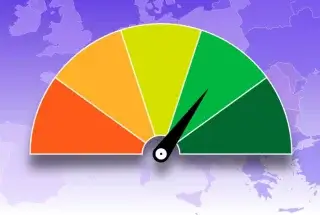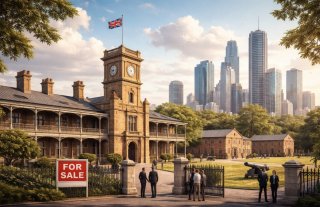Egyptian Housing Prices Surge 30% in H1 2025

Photo: Daily News Egypt
Egypt has witnessed a sharp rise in residential property prices during the first half of 2025. According to Daily News Egypt, certain areas have experienced increases of 20–30% compared to the same period in 2024. Experts attribute the surge to currency devaluation and broader economic instability. The real picture is also distorted by speculative bookings, which inflate prices without resulting in actual transactions.
Cairo and the Coast Lead the Rally
East Cairo saw the most notable increases, with square meter prices in Fifth Settlement ranging from EGP 60,000 to over 200,000 ($1,235–4,115). In the fast-growing Sixth Settlement, prices reached EGP 120,000–160,000 ($2,469–3,292), up 18% since January. In West Cairo, prices varied from EGP 50,000 to 170,000 ($1,029–3,498) depending on location.
The North Coast remains a hotspot due to projects like Ras El Hekma, where residential prices range from EGP 70,000 to 200,000 per sqm ($1,440–4,115). On the resale market, some luxury properties are listed between EGP 800 million and 1 billion ($16.46–20.58 million). In emerging areas like El Obour City, prices jumped from EGP 7,000 to 35,000 per sqm ($144–720) year-on-year.
In the New Administrative Capital, prices hover around EGP 50,000–70,000 per sqm ($1,029–1,440), depending on developer reputation, project stage, and scale.
Sales Volumes and Developer Adjustments
The sector’s resilience is confirmed by strong sales. According to The Board Consulting, Egypt's top developers recorded EGP 290 billion ($5.97 billion) in sales in Q1 2025, up 23% year-on-year. Around 18,500 units were sold, with an average unit price of EGP 15.7 million ($323,252), up 25% from 2024. Most demand is concentrated in upper-middle and luxury segments.
Devaluation of the Egyptian pound has fueled price hikes in imported materials, energy, and finishing costs. Inflation over 30% has driven up wages, transport, and logistics, pushing developers to revise pricing models, especially in high-demand zones.
Speculative Bookings Inflate the Market
The market is heavily influenced by speculative investors who reserve units early without intending to complete the purchase. This artificially boosts prices while actual closing rates remain low. Developers report high booking activity but fewer completed transactions, forcing them to adjust financial models.
Last year, one major developer recorded over EGP 20 billion ($667 million) in canceled reservations. These pseudo-transactions damage market trust and distort perceived demand.
Such speculative behavior is especially common in early-stage projects offering low entry points. Weak contract oversight facilitates fake bookings. In response, developers are tightening installment terms and enhancing client vetting to minimize risks.
Government Tightens Market Controls
The Egyptian government is ramping up regulatory oversight of a fragmented property market with unlicensed brokers. A new regulatory authority will oversee developers, brokers, and marketing firms. A national digital platform is also in development to list verified properties and participants, enhancing transparency and boosting investor confidence.
Подсказки: Egypt, real estate, property prices, housing market, inflation, Cairo, Ras El Hekma, New Capital, developers, pound devaluation, speculation, investment, regulation








